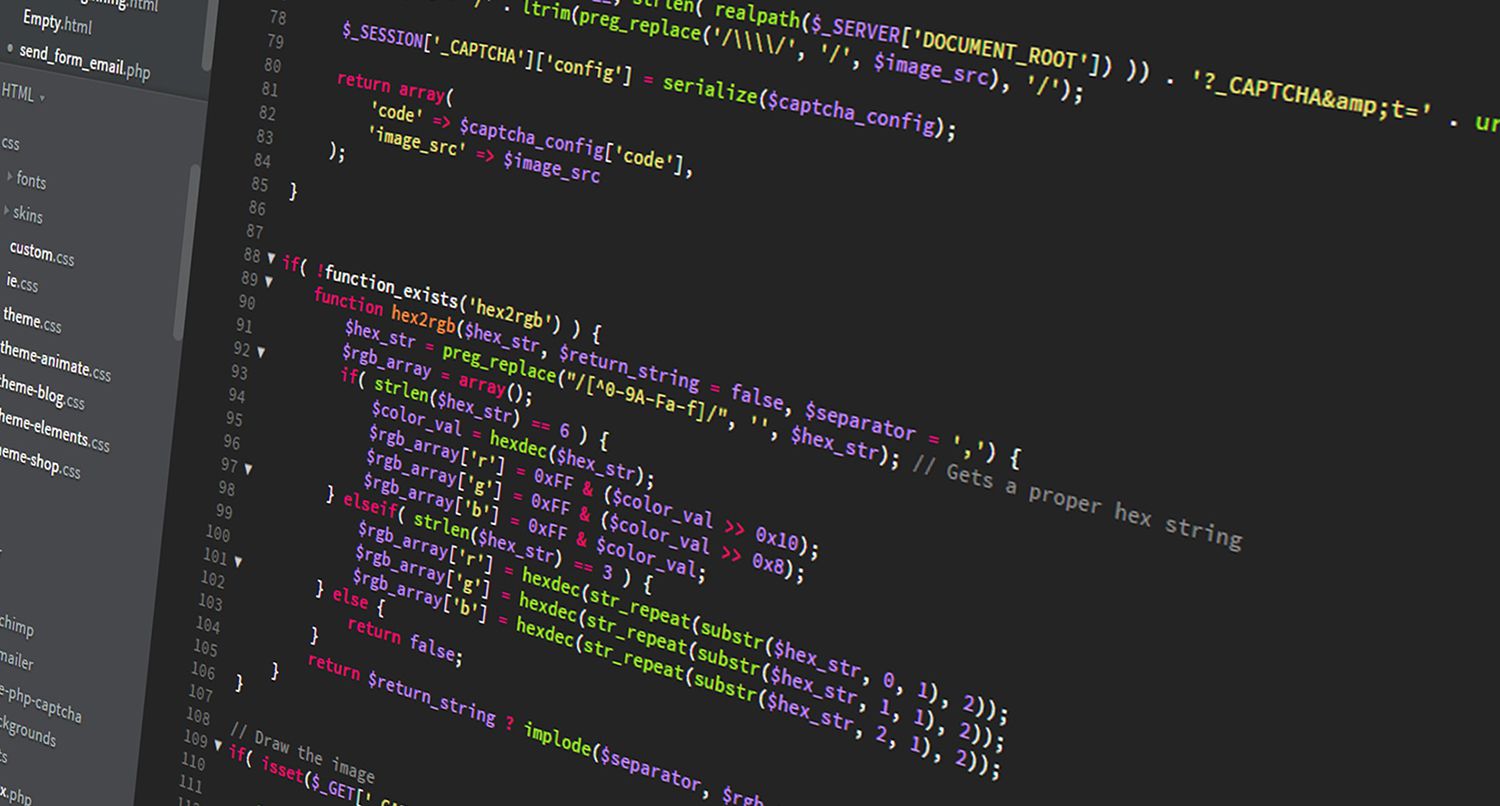When it comes to programming, Python programming is like the Swiss Army knife of the tech world. It’s simple, powerful, and can be used for almost anything—whether you’re building a website, analyzing data, or teaching a computer to recognize faces. But what makes Python so special? Why is it the language of choice for beginners, experts, and even big tech companies? Let’s dive in and explore the magic of Python programming.
Table of Contents
- What Makes Python So Popular?
- Key Features That Set Python Apart
- Real-World Applications of Python
- Why Should You Learn Python?
- How to Get Started with Python
- Wrapping It Up
1. What Makes Python So Popular?
Python programming is everywhere—and for good reason. It’s designed to be easy to read and write, almost like plain English. This makes it a great starting point for beginners, but don’t let its simplicity fool you. Python is also incredibly powerful, used by companies like Google, Netflix, and NASA to build everything from search engines to space exploration tools.
What really sets Python apart is its versatility. Whether you’re into web development, data science, or artificial intelligence, Python has the tools and libraries to help you get the job done.
2. Key Features That Set Python Apart
Here’s why Python programming stands out in the crowded world of programming languages:
- Beginner-Friendly: Python’s clean syntax makes it easy to learn, even if you’ve never written a line of code before.
- Readable Code: Unlike other languages, Python uses indentation and simple commands, so your code looks clean and easy to understand.
- Huge Library Ecosystem: Python has libraries for almost everything—whether you’re working with data (Pandas), building websites (Django), or training AI models (TensorFlow).
- Cross-Platform: Python works on Windows, macOS, Linux, and more, so you can code on any device.
- Active Community: With millions of users worldwide, there’s always someone to help if you get stuck.
3. Real-World Applications of Python
Python programming isn’t just for learning—it’s used in real-world applications across industries. Here are a few examples:
- Web Development: Frameworks like Django and Flask make it easy to build secure, scalable websites.
- Data Science: Python is the backbone of data analysis, with tools like Pandas and Matplotlib for crunching numbers and creating visualizations.
- Artificial Intelligence: From chatbots to self-driving cars, Python powers some of the most exciting AI innovations.
- Automation: Tired of repetitive tasks? Python can automate everything from file organization to sending emails.
- Game Development: Libraries like Pygame let you create 2D games, making Python a fun choice for hobbyists.
4. Why Should You Learn Python?
If you’re still on the fence about Python programming, here are a few reasons to give it a try:
- High Demand: Python developers are in high demand, with job opportunities in tech, finance, healthcare, and more.
- Career Growth: Whether you want to be a data scientist, web developer, or AI engineer, Python is a skill that can open doors.
- Beginner-Friendly: It’s one of the easiest languages to learn, making it perfect for coding newbies.
- Future-Proof: With its growing use in AI, machine learning, and big data, Python isn’t going anywhere anytime soon.
5. How to Get Started with Python
Ready to jump into Python programming? Here’s how to get started:
- Install Python: Head to the official Python website and download the latest version.
- Pick a Code Editor: Tools like VS Code, PyCharm, or even Jupyter Notebook are great for writing and testing your code.
- Learn the Basics: Start with variables, loops, and functions. There are tons of free tutorials online to guide you.
- Experiment with Libraries: Once you’re comfortable, explore libraries like NumPy for math or Flask for web development.
- Build Something: The best way to learn is by doing. Try building a simple project, like a to-do list app or a weather scraper.
6. Wrapping It Up
Python programming is more than just a language—it’s a skill that can transform the way you solve problems and create solutions. Whether you’re a complete beginner or an experienced coder, Python’s simplicity and power make it a valuable tool to have in your arsenal.
So, what are you waiting for? Start your Python journey today and see where it takes you. Who knows—you might just build the next big thing!



